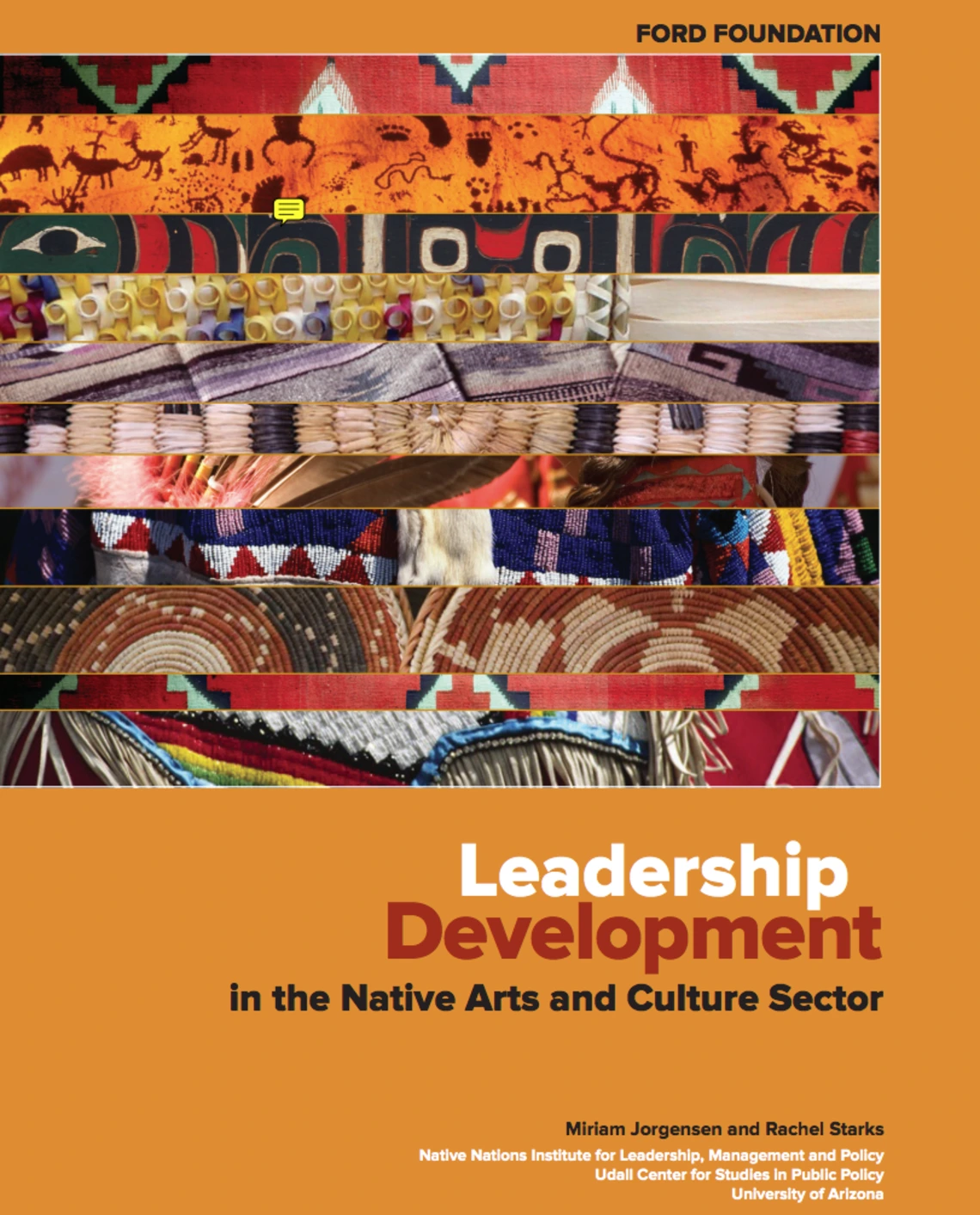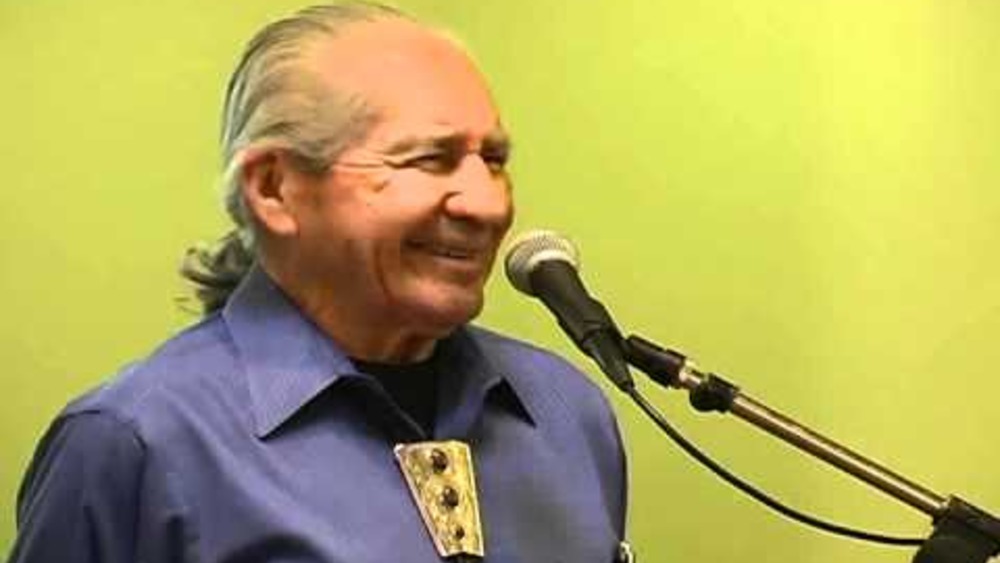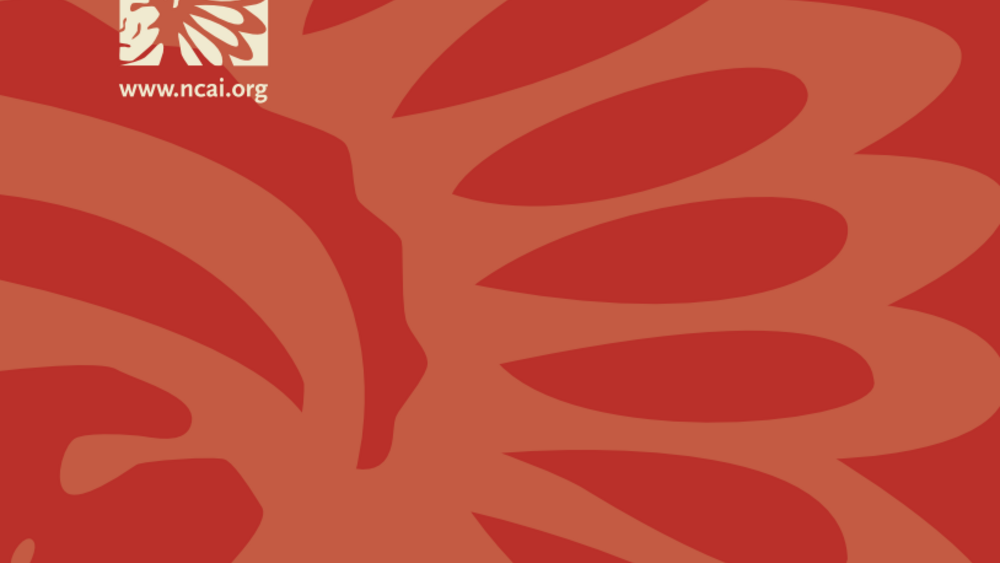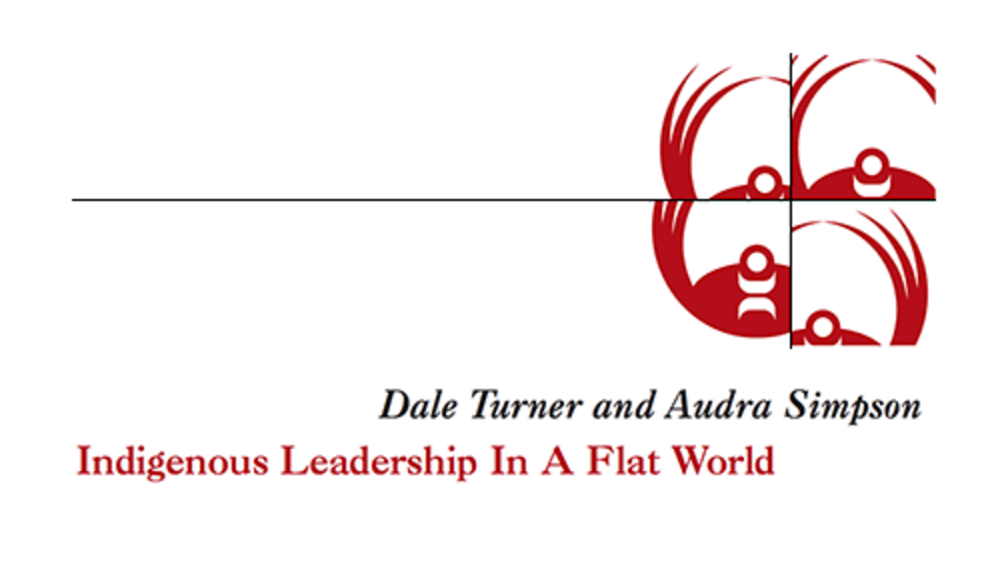Burgeoning cultural renewal in Native America and growing mainstream recognition of Native artists and their ideas have resulted in substantial growth in the Native arts and culture sector. The leaders of Native arts and cultural organizations have been a significant force behind this change. They promote Native artists, encourage connections among them, nurture the cultural links that underlie artists’ creativity and commitments, stimulate field development, help manage market growth and open pathways to new opportunities.
In Native communities, they (and the artists they support) have yet another role: As culture bearers, they generate space for collective self-definition and tribal self-determination.
Additional Information
Jorgensen, Miriam, Rachel Starks. "Leadership Development in the Native Arts and Culture Sector." Ford Foundation. Native Nations Institute for Leadership, Management, and Policy, Udall Center for Studies in Public Policy, The University of Arizona. Tucson, Arizona. 2008. Report.




